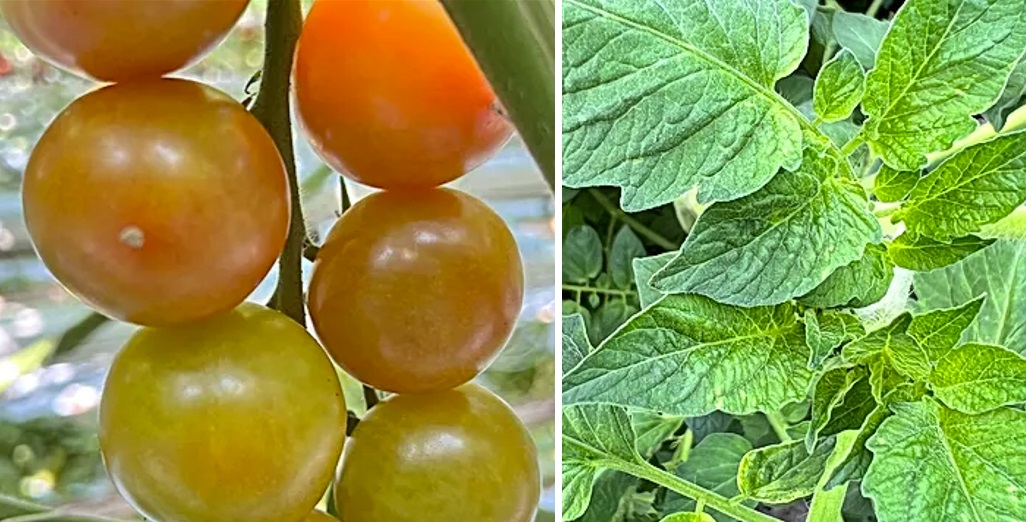Sign up here to subscribe to the Grower2grower Ezine. Every two weeks you will receive new articles, specific to the protected cropping industry, informing you of industry news and events straight to your inbox.
Jan 2021
ToBRFV detected in small seed lot
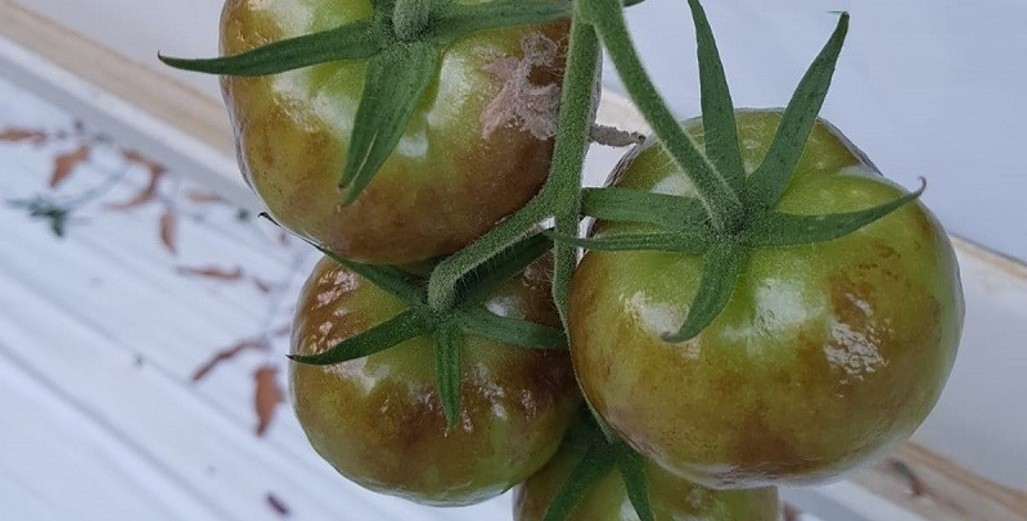
Do you require a Greenhouse Hygiene Audit?
You may have recently read the media release below. It refers to the recent detection and rapid response of ToBRFV in NZ. It is an extremely good reminder of the risk such viruses pose. The most probable way ToBRFV will enter NZ is via seed. It was a great response from all involved and even though the seed in question came with a phytosanitary certificate, further offshore testing identified a very low level of infection.
Even though the checks and balances had been done it still came onto our shores. As a result I believe our hygiene levels need to be increased immediately. I am very concerned by our hygiene levels. Suppliers must be careful, when entering properties, and growers should be very strict with who they allow to enter properties. Contract workers should also be looked at very carefully, they can work in multiple sites and be unwitting vectors.
If you have been to Holland, and many places in Australia, you are not permitted to enter greenhouse sites without full suits, gloves, shoe covers, hair nets and sometimes even beard nets. It is about following good protocols and protecting your assets.
Cleaning and disinfection between crops is of the upmost importance. I am more than happy to offer Grower2Grower services to provide a hygiene audit. It would look at the possible pathways and entry points for viruses and diseases. It can be very simple recommendations, from a fresh set of eyes that can ensure you maintain the highest levels of safety in the working environment.
Please contact stefan@grower2grower.co.nz if you would like to book a greenhouse hygiene audit, for independent practical advice based on my experience as a grower.
Media Release below – Source HortNZ
A biosecurity success story – rapid response to new virus detected
22 December 2020
The horticulture industry will be heartened to learn of a biosecurity success story.
Early detection of a virus new to New Zealand – the Tomato brown rugose fruit virus (ToBRFV) – in a small seed lot has allowed quick action to be taken to contain and prevent any spread of the virus. All the seeds and resulting plants have been destroyed.
In early December, industry alerted Biosecurity New Zealand to the presence of ToBRFV in seeds imported from Israel. Although these seeds were imported with a phytosanitary certificate declaring them to be free of ToBRFV based on testing completed offshore, further testing identified a very low level of infection.
ToBRFV is a serious pathogen for tomato and capsicum plants and is an Unwanted Organism in New Zealand. As a precautionary measure, Biosecurity New Zealand has temporarily suspended the imports of capsicum and tomato seeds for sowing from Israel.
Biosecurity New Zealand has been able to account for all of the imported seeds and the plants grown from them. There have been no symptoms or positive tests for ToBRFV from the plants grown from the seeds, which have been restricted to three greenhouse sites in Auckland.
Biosecurity New Zealand and affected industry partners have agreed to enter a response under the Government Industry Agreement (GIA). While there is no reason to suspect there has been any spread of the disease, all the plants grown from the contaminated seed have been destroyed to manage any residual risk. The three greenhouse sites have also been thoroughly cleaned and disinfected.
As a further precaution, Biosecurity New Zealand has destroyed all the tomato plants grown from uncontaminated seeds that have been in close proximity to the affected plants.
This issue was detected early due to diligent reporting from industry. This a timely reminder to ensure good hygiene practices are in place at growing sites, to regularly inspect crops for symptoms of disease, and to know how to report the unusual via the MPI pest and disease hotline: 0800 80 99 66.

Cover Image: Damage from ToBFRV found in Europe. This is what we do not want in New Zealand and must try to protect against.
I appreciate your comments. Please feel free to comment on the grower2grower Facebook page:
https://www.facebook.com/StefanGrower2grower/
Article Written and compiled by Stefan Vogrincic, Consultant, Grower2Grower
Article Edited by Marie Vogrincic, Editor, Grower2Grower
CLASSIFIED
Subscribe to our E-Zine
More
From This Category
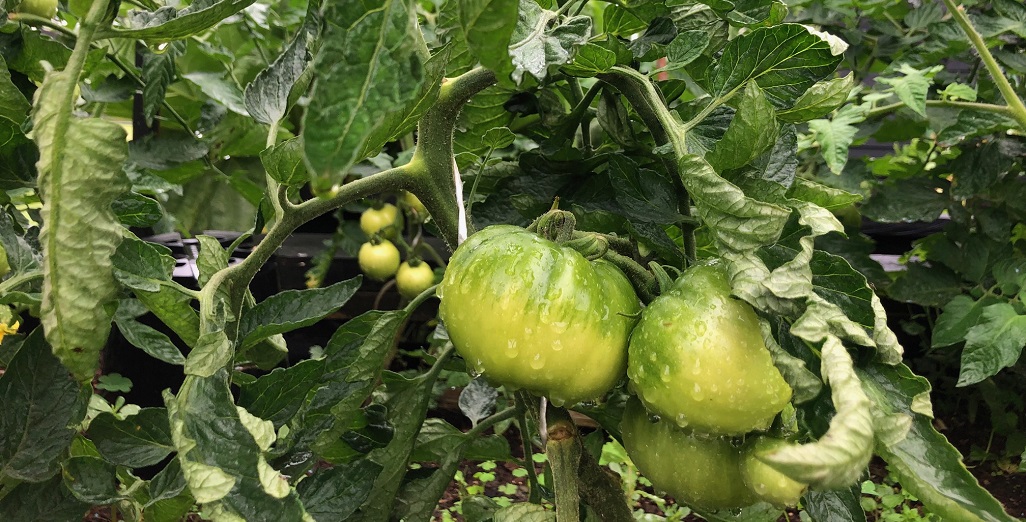
Greenhouse Production in the Future – Mike Nichols
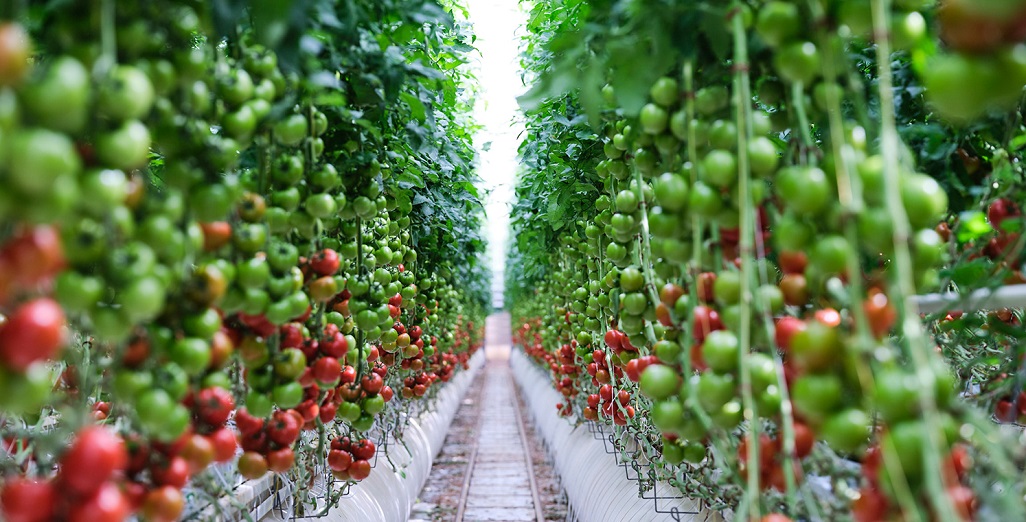
Industry spearheads adoption of labour-saving tech with $52M boost (Australia)
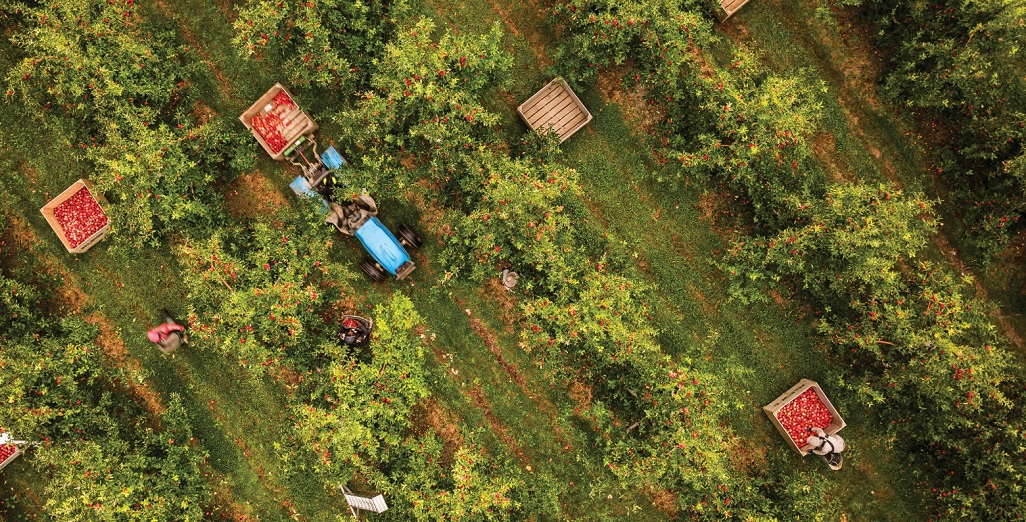
a1 Apple Website Launched to Complement Brand Refresh
(Video of session now available) Excellent online webinar hosted by De Ruiter/Bayer Australia

Merry Christmas and Happy New Year 2024

















